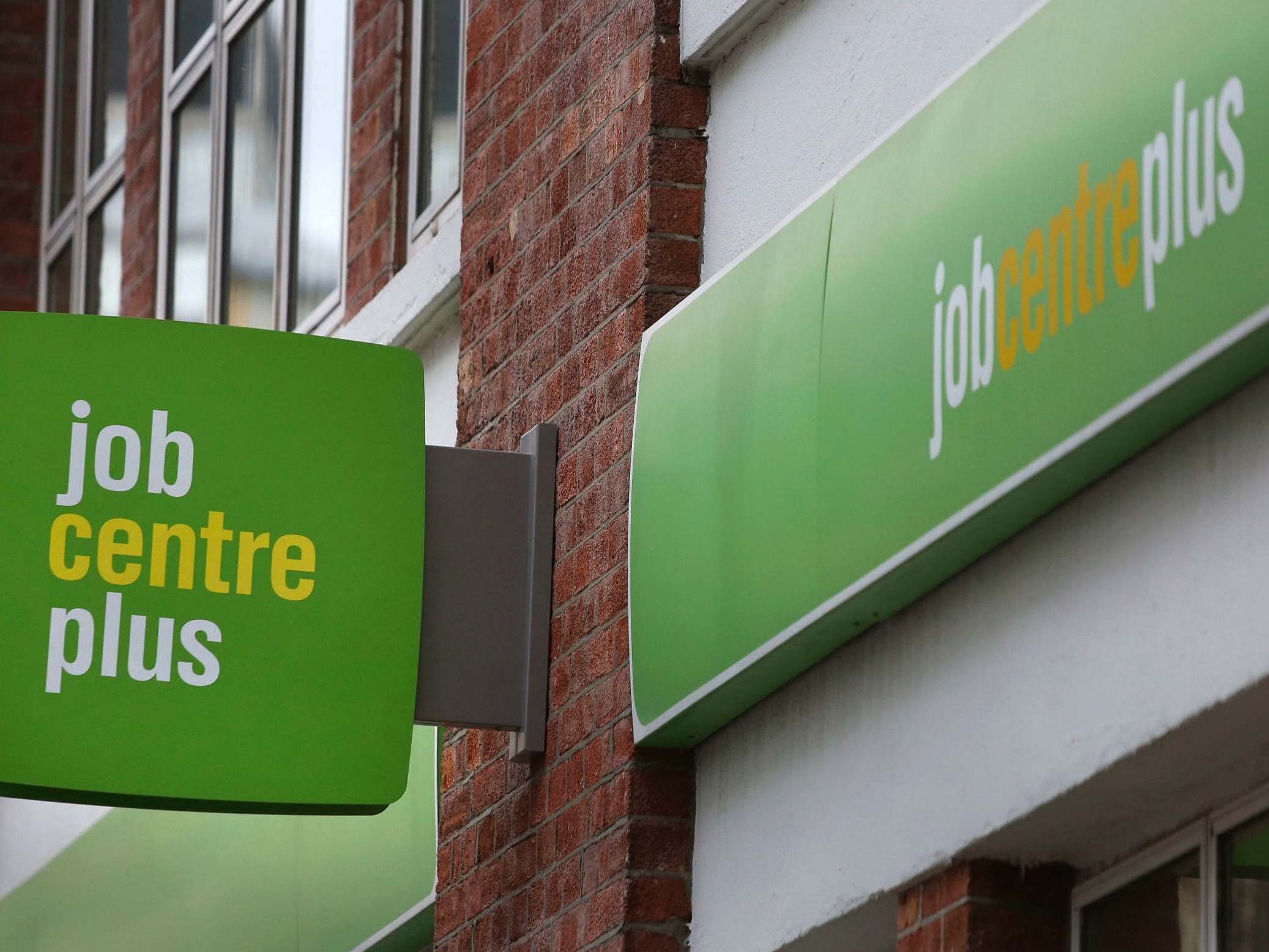Hundreds of thousands of universal credit claimants forced to wait 11 weeks for benefits, watchdog warns
National Audit Office finds claimants with more complex needs are 'slipping through the net'

Hundreds of thousands of universal credit claimants have been forced to wait for around 11 weeks to receive their benefits, a watchdog report warns.
The National Audit Office (NAO) finds that although the government has significantly improved the proportion of claims paid on time – from 55 per cent to 90 per cent in the last three years – “unclear” communication from the Department for Work and Pensions (DWP) has caused people with complex needs and circumstances to "slip through the net"
In 2019, new claimants who were paid late faced average delays of three weeks in addition to the five-week wait for a first universal credit payment. Around 6 per cent of households – amounting to 105,000 new claims – waited around 11 weeks or more, according to the report.
There have been 2.5 million new household claims for universal credit since mid-March, with one in five adults in Britain having applied or planned to apply for benefits as a result of the coronavirus outbreak.
The NAO carried out the research before the pandemic hit, but the watchdog said the issues raised were only going to become more important as the economic upheaval caused by the crisis continue.
Although a larger proportion of claimants are now paid on time, the report shows that the number facing delays has risen as the number of people claiming universal credit has grown – with the figure increasing from 113,000 in 2017 to 312,000 in 2019.
It identifies communication as an issue, with people who struggle to understand or communicate in written English finding it more difficult to understand what the DWP was asking of them, and the department’s communication in some cases being “unclear” or “not sufficiently tailored to the claimant’s ability to engage”.
Around 57 per cent of households making a new claim are forced to take an advance payment – which they pay back through deductions in future payments – to help them manage during this period, according to the NAO.
It found that the the wait for a first payment contributed to financial hardship and debt, and that repaying advances could cause difficulties if claimants were not able to manage on the resulting reduced monthly payments.
The DWP’s own research shows that nearly half of claimants (49 per cent) had no earnings in the three months before they applied, and that rent arrears generally start before a universal credit claim, but then increase more rapidly until the first payment.
It also shows that disabled claimants are more likely to claim advances and have other debts to repay from their universal credit. Some 67 per cent of claims for someone who has limited capability for work because of a disability or health condition, and 70 per cent of claims including a disabled child, had a deduction applied to their first payment to cover advances or other debts, compared to 61 per cent of all claims.
The NAO said that while the DWP had demonstrated a “clear focus” on paying more people on time, it needed to improve its understanding of vulnerable claimants and how best to support them to ensure that no one is “slipping through the net”, particualrly as the economic upheaval caused by Covid-19 continues.
Gareth Davies, head of the NAO, said: “The DWP deserves credit for improving its processes so that 90 per cent of claimants are now getting their first universal credit payment on time. However, it is concerning that vulnerable people and those with complex claims may struggle with their universal credit claim and face financial difficulties.
“The DWP needs to improve its understanding of vulnerable claimants and how best to support them to ensure that no one is slipping through the net. This is only going to become more important as the economic upheaval caused by Covid-19 continues.”
The report comes after warnings from charities that people who have applied for universal credit after seeing a drop in their income due to coronavirus were having to skip meals and sell their possessions because of delays in receiving their first payments.
In light of the NAO report, Iain Porter, policy and partnerships manager at the Joseph Rowntree Foundation, called for the five-week wait to be scrapped, saying there was "nothing compassionate" about the policy.
"As the levels of unemployment grow, we urgently need to get support to people when they need it. The report also rightly highlights the additional pressures the system places on vulnerable claimants with complex needs," he said.
“Many families who make a universal credit claim have little or no savings to tide them over while they wait and in lots of cases have to turn to foodbanks for help. Although there are advance payments available, our recent polling of claimants suggests around 70 per cent of recipients faced difficulties or significant difficulties as a result of taking out advances."
A DWP spokesperson said: “Universal credit is delivering in these unprecedented times, with more than 2.5 million new claims processed since mid-March and over one million advances paid to those in urgent need within days. Nobody has to wait five weeks for payment.
“As the report shows, significant improvement has been made in the proportion of universal credit claimants receiving their first payment on time and in full, currently around 90 per cent.
“We’ve also increased the standard allowance by up to £1,040 a year, as part of a package of welfare measures worth over £6.5bn to support the most vulnerable.”
Subscribe to Independent Premium to bookmark this article
Want to bookmark your favourite articles and stories to read or reference later? Start your Independent Premium subscription today.

Join our commenting forum
Join thought-provoking conversations, follow other Independent readers and see their replies